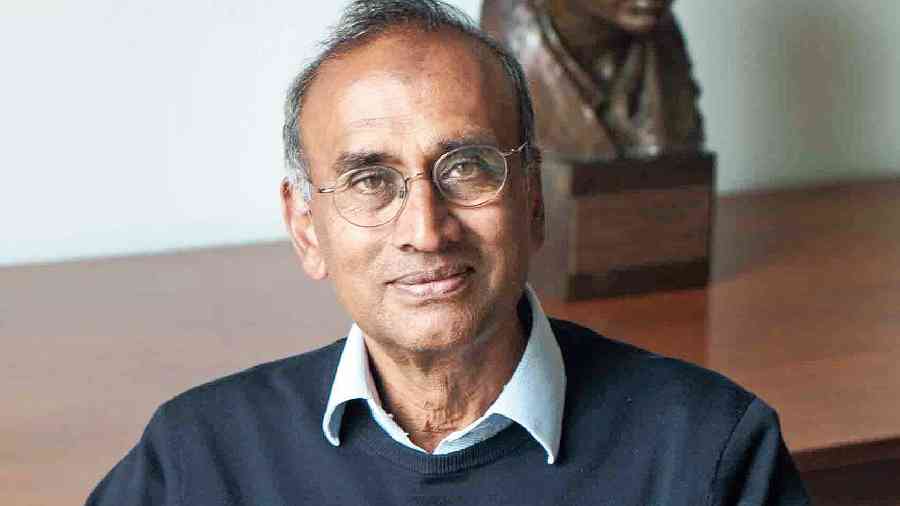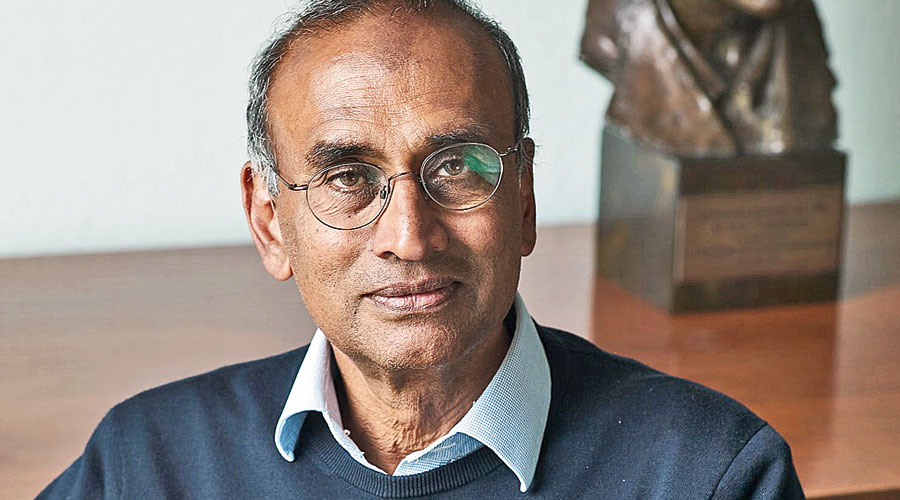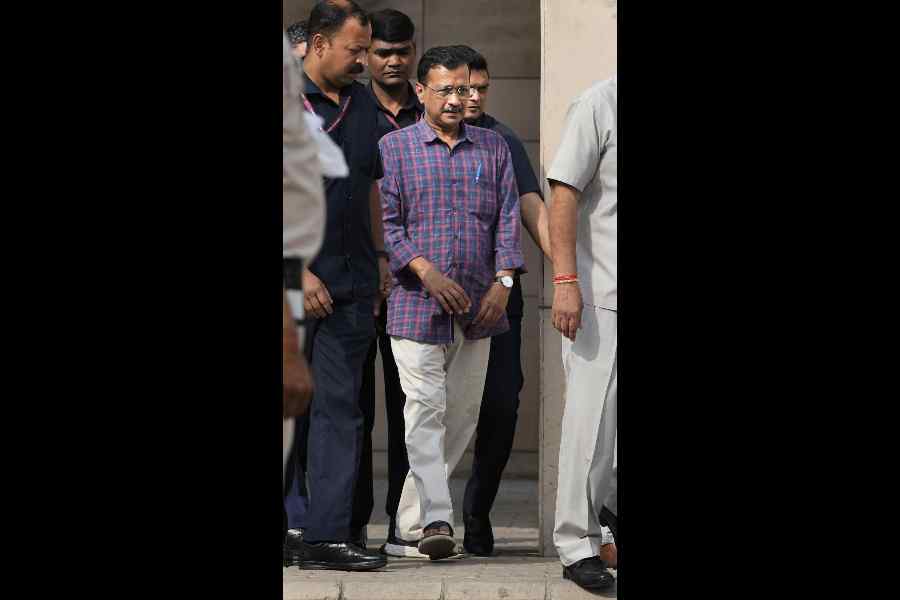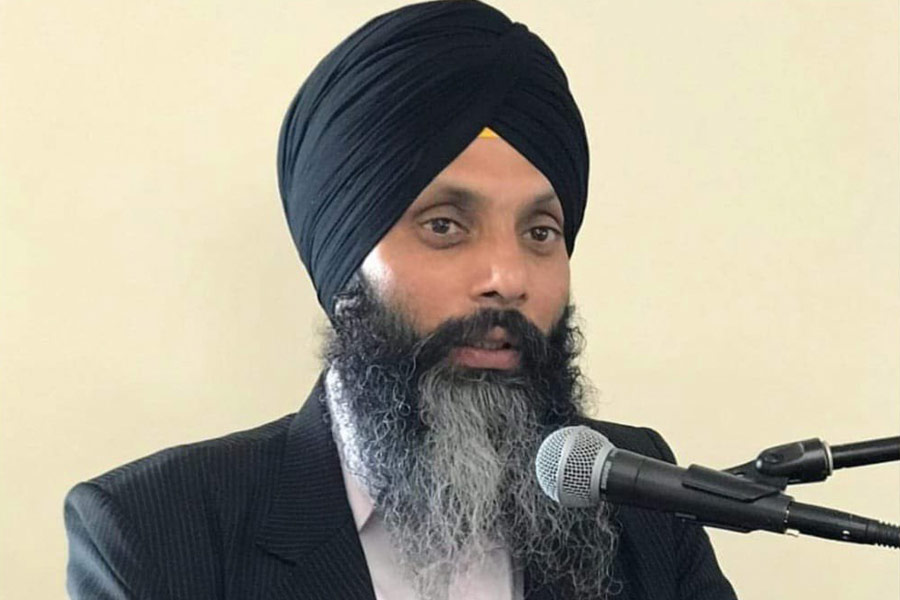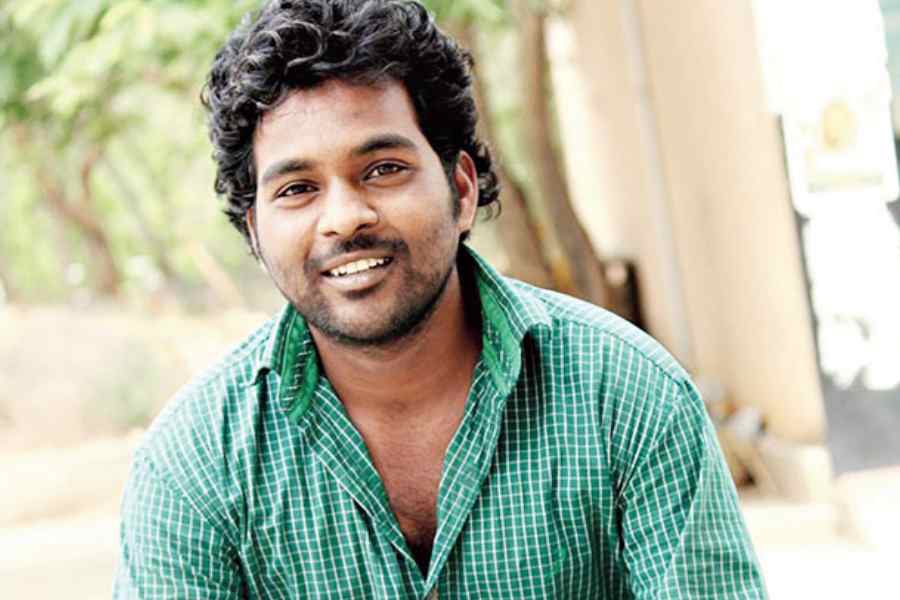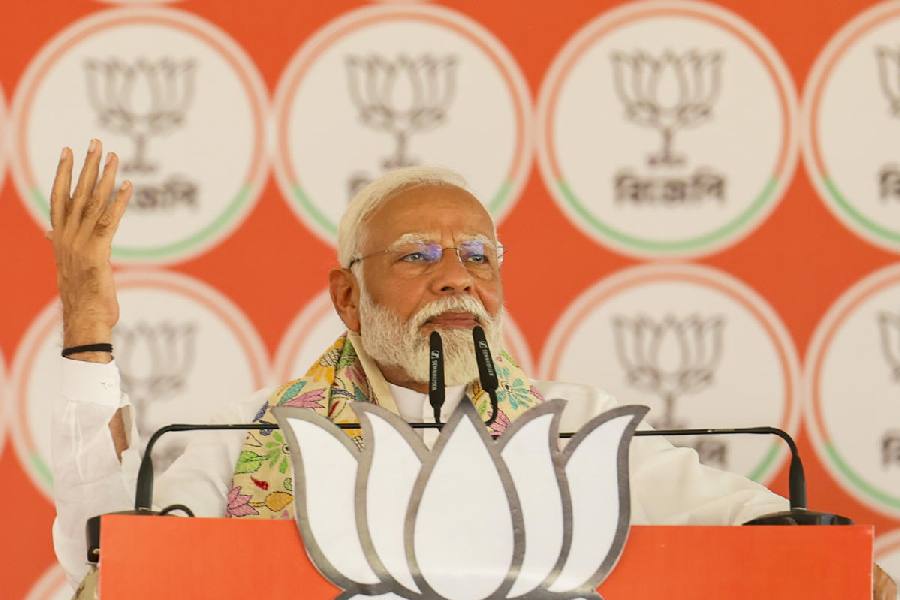Indian science is trying to recover ground after “stagnation” in the post-Nehruvian period but there is still a long way to go, Indian-born Nobel laureate Venkatraman Ramakrishnan, popularly known as Venki Ramakrishnan, has said.
“India had a period before Independence when they produced world-class scientists, like C.V. Raman, J.C. Bose, Meghnad Saha, S.N. Bose and Homi Bhabha, and their work was of a certain order of excellence. After Independence, it persisted for a while, mainly because Jawaharlal Nehru (the first Prime Minister) was interested in science and funded and created institutions. But after that it stagnated for a while and thanks to people like C.N.R. Rao, they have tried to improve it,” Venki said at a packed interaction in Chennai late on Friday evening.
Taking questions from the audience at an event to launch the Tamil translation of his book Gene Machine: The Race to Decipher the Secrets of the Ribosome at the Asian College of Journalism (ACJ), Venki, who shared the Nobel Prize in chemistry with two other scientists in 2009 and who in November 2022 was conferred the prestigious Royal Order of Merit in the UK for his exceptional service in science, said: “Again science wilted in the famous state universities like Madras, Bombay and Baroda and research migrated to central universities and central (funded) institutes like the IITs and Indian Institute of Science (IIS).”
That meant students “were isolated” from where the main research happened, he said, and emphasised how scientists like C.N.R. Rao had “attempted to correct it” by setting up institutes where undergraduate studies and scientific research were in the same institution.
This nuanced response was to a question from veteran journalist N. Ram on how science had progressed since 1971, the year Venki left the country.
Venki said that when he had left for the US for further studies, research and work after he graduated in physics in 1971 from the University of Baroda, he was only 19 and had no connection with Indian science for three decades until he was invited to give the first G.N. Ramachandran memorial lecture in Chennai in 2002.
Ramachandran was a renowned molecular biophysicist who had deciphered the structure of collagen at Madras University. Venki first met Indian scientists then and was “favourably impressed” by them and others at the IISc, Bangalore.
‘Handicap’
The other major issue “holding up” Indian science was the lack of sufficient funding, said Venki. As a fraction of the GDP, the funds for science in India “is much lower” than in China, which has been producing world-class science.
Bureaucratic red-tape was another stumbling block in India, where it takes a long time to get approvals and even on how the money is to be spent, said Venki, adding scientists here “are working under a handicap”.
“It needs a real commitment by government and society,” and people should realise the connection between fostering knowledge-based societies and economic prosperity. The government needs to have a vision for 20 years, not just the next election,” he added with a smile.
‘Not easy to forget’
To another question from the audience on the recent trend to “promote pseudo-science” on Indian Science Congress (ISC) platforms, against the backdrop of the unsavoury experience he had at the ISC 2016, the Nobel laureate smilingly said: “I am not going to easily live down that.” Venki had dubbed the ISC 2016 event “a circus” because of the way religious ideology held sway over discussions in science.
The ISC is an annual gathering of scientists and it could be made smaller, organised better and improved in several ways, including giving young scientists a real opportunity to interact, Venki said.
“If the Prime Minister wants to inaugurate it’s fine,” he remarked.
But the larger issue is that more serious scientists prefer to go to specialised science conferences where they can exchange ideas with counterparts in their respective fields, Venki pointed out.
Advice to youth
“Don’t aim for a Nobel Prize; start by doing what interests you,” was Venki’s response when a student in the audience sought his advice for youngsters keen to pursue science.
Physics, chemistry and mathematics provide the “core foundation” of all sciences and young aspirants must have a good grounding in them, besides choosing good colleges, institutions where opportunities for learning new things are more.
“From Baroda to Sweden, who would have thought?” he mused on his own incredible career path.
Twists and turns
There were several unexpected and consciously chosen turns, both personal and institutional, that took Venki into long years of studies in this area and which eventually resulted in him winning the Nobel. “My life as an outsider” has had an important influence on his scientific career, he said.
Even in Baroda where he spent his childhood days, getting there at the age of three after being born in Chidambaram in Tamil Nadu in 1952, Venki said he felt “like an outsider” even at the school playground where he could not understand a word of his (Gujarati) play-mates. After a BSc in physics from Baroda University, he went to Ohio University in the US for higher studies and obtained a PhD in the subject.
“I spent five years there and the only productive thing there was I met and married my wife,” he said, plunging the audience into splits.
Had he been smug with that situation and settled down, Venki said the rest of his life would have been spent doing “boring calculations”.
Physics is a “very hard, mature discipline”, but the more exciting in the early 1970s were the happenings in biology with the “scientific American” coming out with one breakthrough after another.
“So, I decided to go all over again to do a basic graduate course in biology,” an unexpected shift from physics, that took him to a two-year course in biology at the University of California, San Diego.
After that he felt he knew “enough biology” to pursue research and a lucky break came when Peter Moore at Yale University, student of the famous James Watson, offered Venki a post-doctoral fellowship.
He worked there on a neutron scattering map of the small ribosomal unit of a bacterium. After that he joined the Brookhaven National Laboratory where he collaborated with another scientist, Stephen White, to clone the genes of several ribosomal proteins and determine their three-dimensional structures. But with ribosomes being too small even under an electron microscope, the need to learn and use crystallography techniques to clearly visualise them became necessary, Venki said.
Fortunately, thanks to a Guggenheim Fellowship, it took him to the “Mecca of crystallography”, the MRC Lab of Molecular Biology at Cambridge, UK, in 1991-92.
Venki used that transition to X-ray crystallography to again move back to the US, this time to the University of Utah, to become professor of biochemistry. There, with his colleagues, Venki initiated studies on protein-RNA complexes.
Years later in 1999, he returned to the MRC Laboratory at Cambridge. Since then, there has been no turning back.
The 4Gs
Quoting from a German saying, Venki said doing science required “4Gs — Geld (money/ resources), Geschick (skill), Geduld (patience) and Gluck (luck). It is the interplay of all these four factors that could produce a successful scientist.
Translation
Earlier, Kannan Sundaram, head of the Kalachuvadu publications based out of Nagercoil in the deep south, said the Tamil translation of Venki’s Gene Machine was the first contemporary science book that had been done in the language.

